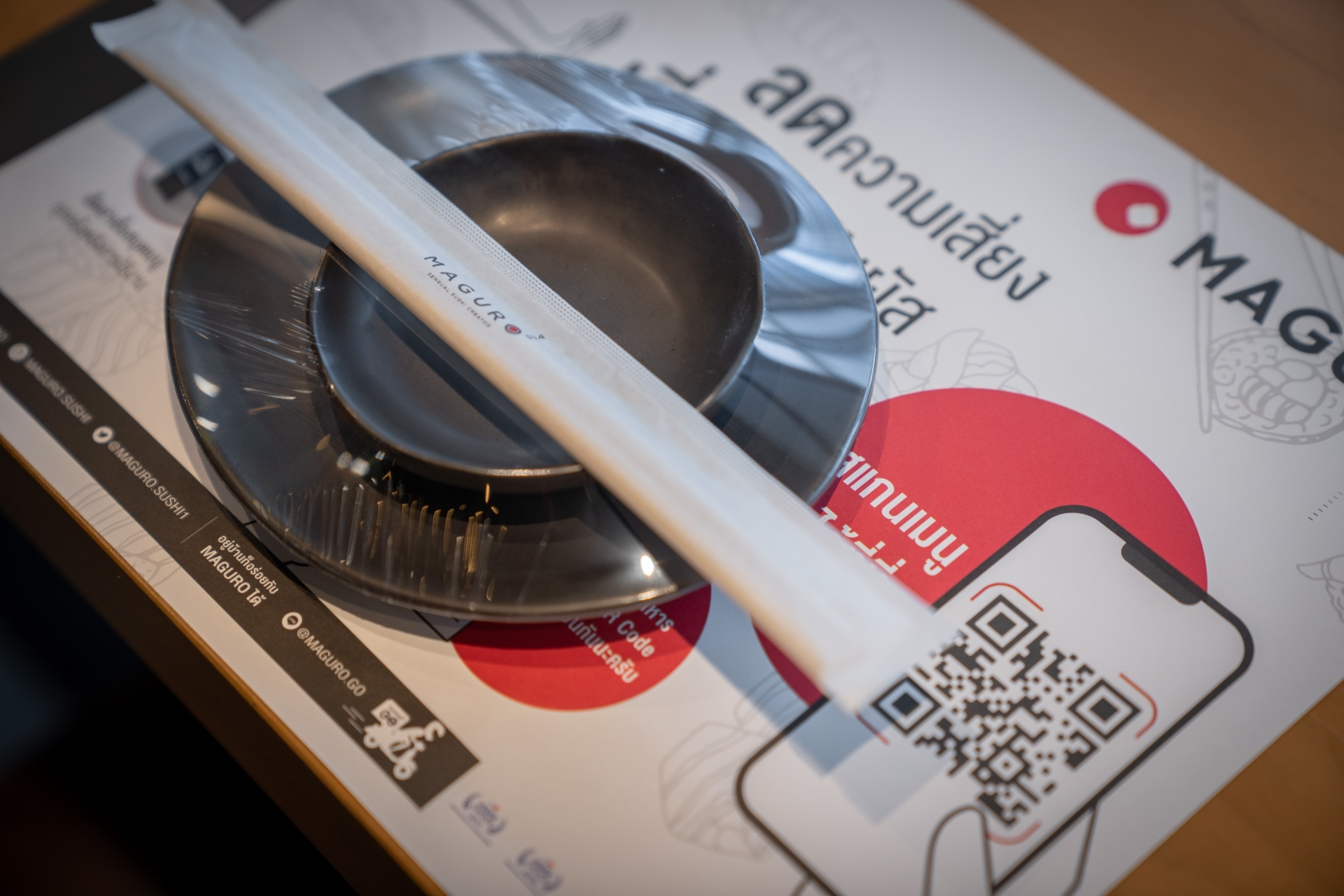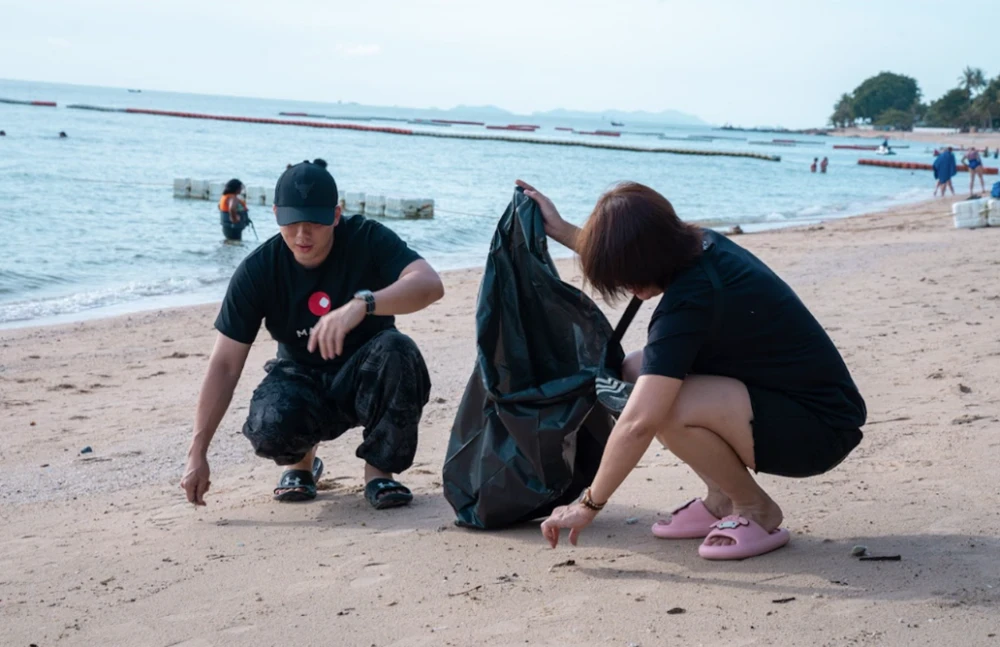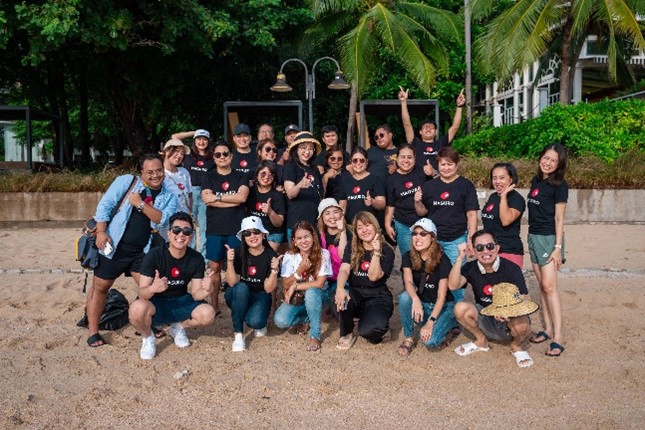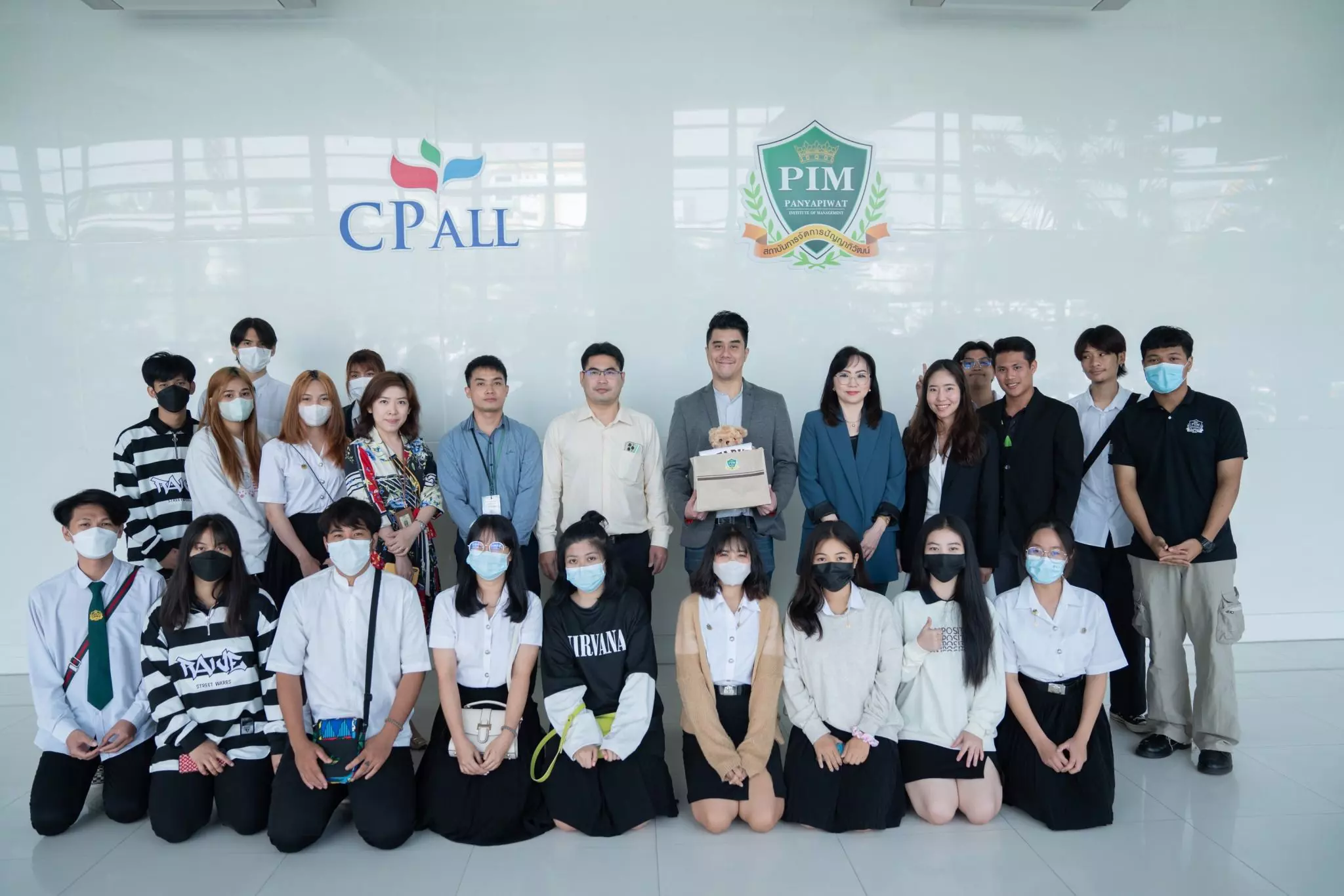
Environmental
Environmental Policy and Guidelines
The company has established business guidelines that emphasize the conservation of natural resources and the efficient use of resources, including energy conservation and the reuse of materials. These practices are conducted with a strong focus on the safety of society, communities, and the environment. The company ensures standardized and well-controlled operations that promote sustainable social and environmental development. Additionally, the company instills a sense of responsibility towards society, communities, and the environment in employees at all levels through continuous initiatives and activities supporting environmental conservation. Furthermore, the company places importance on compliance with environmental laws and regulations. Directors, executives, and employees are required to adhere to these guidelines and refrain from any actions that violate or assist in violating relevant laws and regulations.

Greenhouse Gas Management
- Conduct training sessions to enhance knowledge, understanding, and awareness of greenhouse gases for employees and surrounding communities, considering all stakeholders, at least once a year.
- The company is planning to assess greenhouse gas emissions resulting from business operations. This includes hiring a certified verifier registered with the Thailand Greenhouse Gas Management Organization (TGO) to analyze emissions from company activities. The goal is to prepare and verify a greenhouse gas emissions report following TGO guidelines and the international ISO 14064-1 standard by 2025.
- Implement and enforce maintenance measures for machinery, tools, equipment, and electrical appliances that may contribute to greenhouse gas emissions. Ensure equipment is in optimal working condition to prevent incomplete fuel combustion and reduce greenhouse gas emissions.
- Encourage employees to use public transportation for commuting. Currently, 80% of employees use personal vehicles, and the company aims to reduce this to 50% by 2025.
- Provide recommendations to logistics partners for optimizing delivery routes to improve fuel efficiency and reduce biofuel consumption.


Energy Management
- Assess the potential and opportunities for installing renewable energy power generation systems at new branches capable of supporting these systems.
- Procure energy-efficient electrical equipment to replace damaged or outdated equipment.
- Promote the use of electricity only as necessary and ensure all equipment is turned off after use at the headquarters.
- Assign designated staff to oversee the proper use of electrical equipment.
- Regularly maintain and inspect electrical equipment, including scheduling cleaning cycles every 3–6 months.
- Educate new employees on energy-saving practices and efficient resource usage during orientation day.


Water Management
- Promote the use of water only as necessary and ensure all equipment is turned off after use.
- Regularly inspect plumbing systems to prevent leaks and ensure all equipment remains in good condition.
- Educate new employees on water-saving practices and efficient resource usage during orientation day.
- Establish company branches in shopping centers equipped with wastewater treatment systems and water collection facilities that meet Shopping center standards.


Waste, Pollution, and Waste Management
- Reduce the use of disposable materials and replace them with reusable equipment, such as chopsticks and placemats. From June 1, 2022, to June 1, 2023, the company successfully reduced the use of disposable chopsticks by 957,000 pairs, saving approximately 1.64 million baht.
- Minimize the use of plastic products to promote environmental friendliness. During the same period, the company reduced plastic packaging usage by 9,940 kilograms, saving approximately 190,000 baht.
- Optimize raw material preparation to maximize resource utilization and reduce food waste. This includes repurposing trimmings into new creative items. MAGURO: Akita A5 Hamburg and Wagyu Australian Hamburg, HITORI SHABU: Zabuton A5 Teppanyaki, Akita A5 Teppanyaki, and Jyou Rousu A5 Teppanyaki.
- Optimize the raw material ordering cycle and warehouse management to ensure efficiency.
- Use eco-friendly products, sourcing from companies with expertise in ecological management and biotechnology applications in industry. This aligns with the company’s impact management policy across the business value chain, from upstream to downstream.
- Study methods for waste segregation to identify recyclable waste, compostable waste, hazardous waste, and general waste for new standalone branches where waste management can be effectively controlled.
- Educate new employees on resource efficiency and conservation during orientation day.
- Promote workflows that emphasize electronic transactions to reduce paper usage and encourage staff to reuse paper at the headquarters.
- Select office rental spaces from operators and buildings that demonstrate care for the environment, society, and community.














